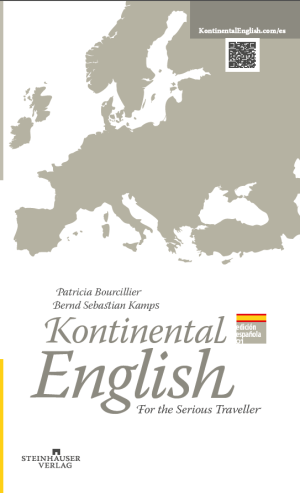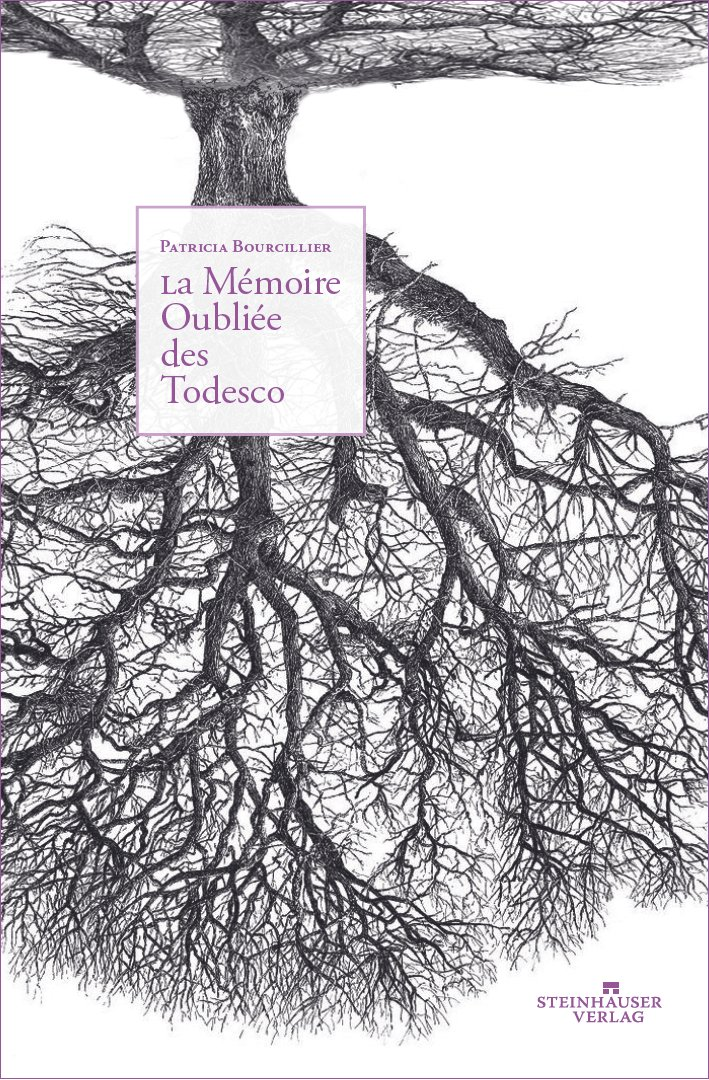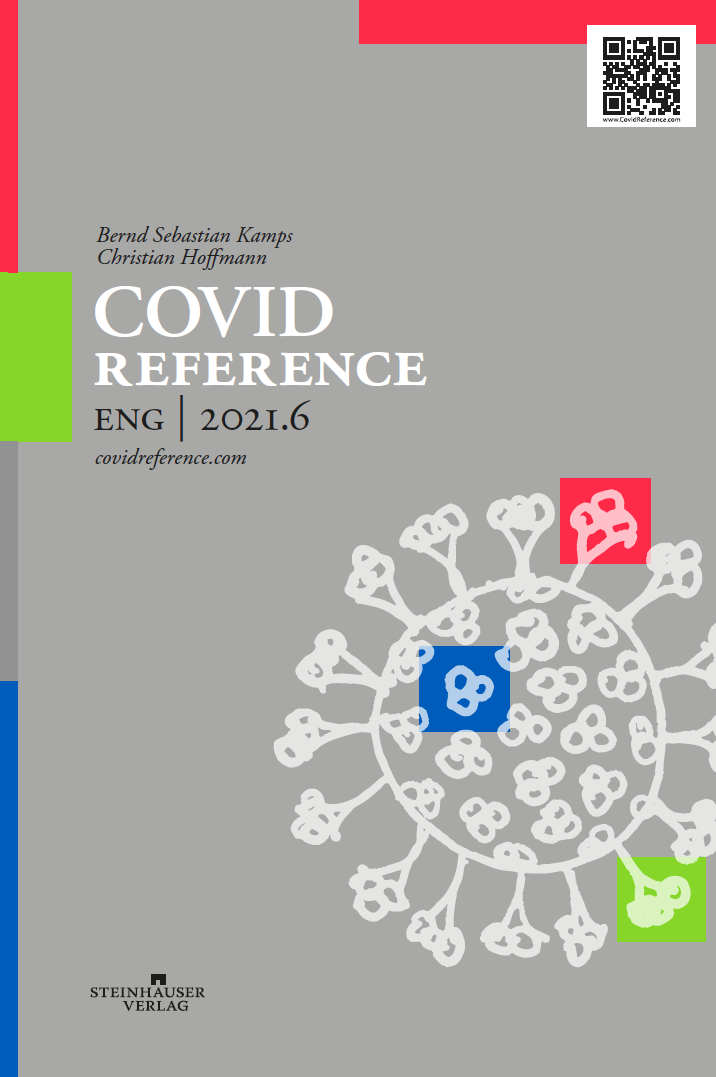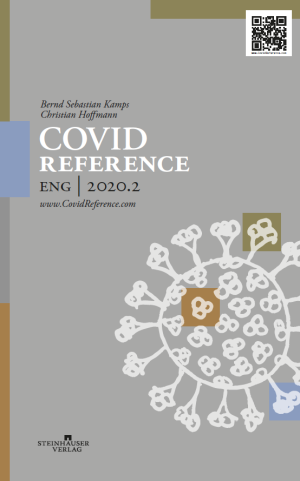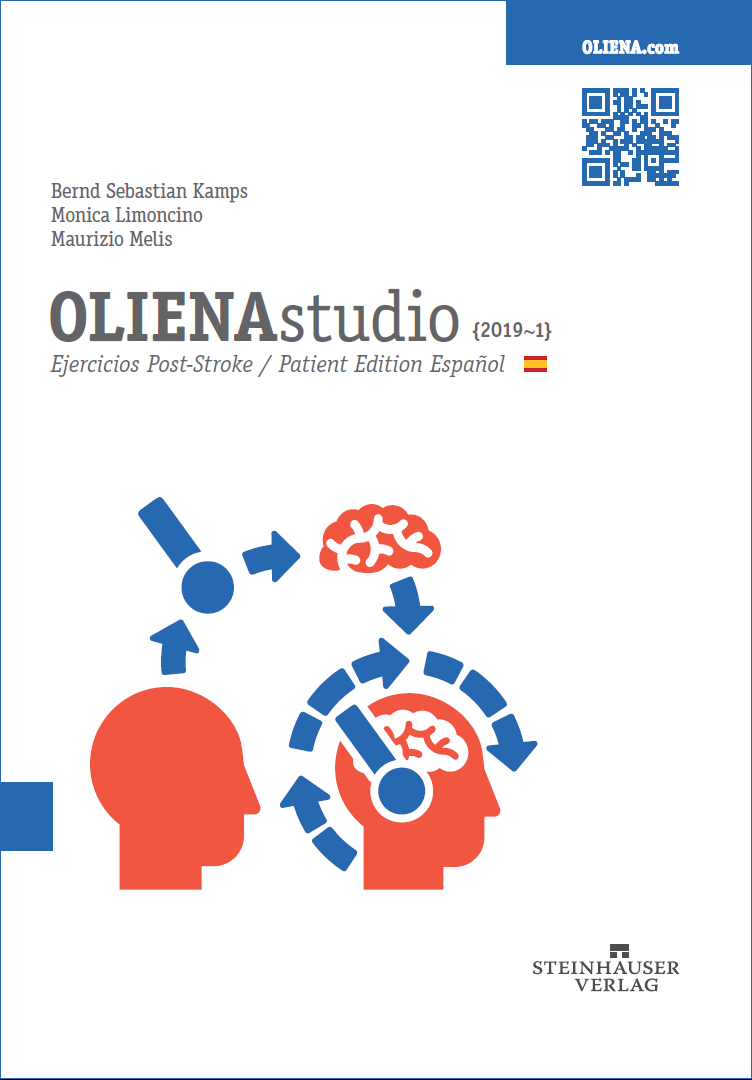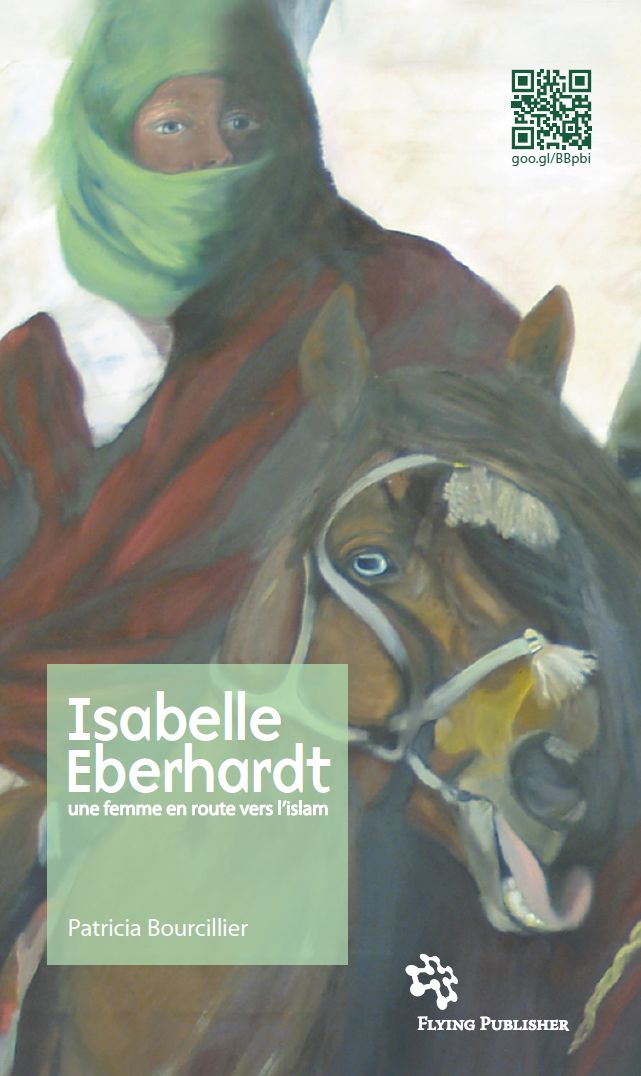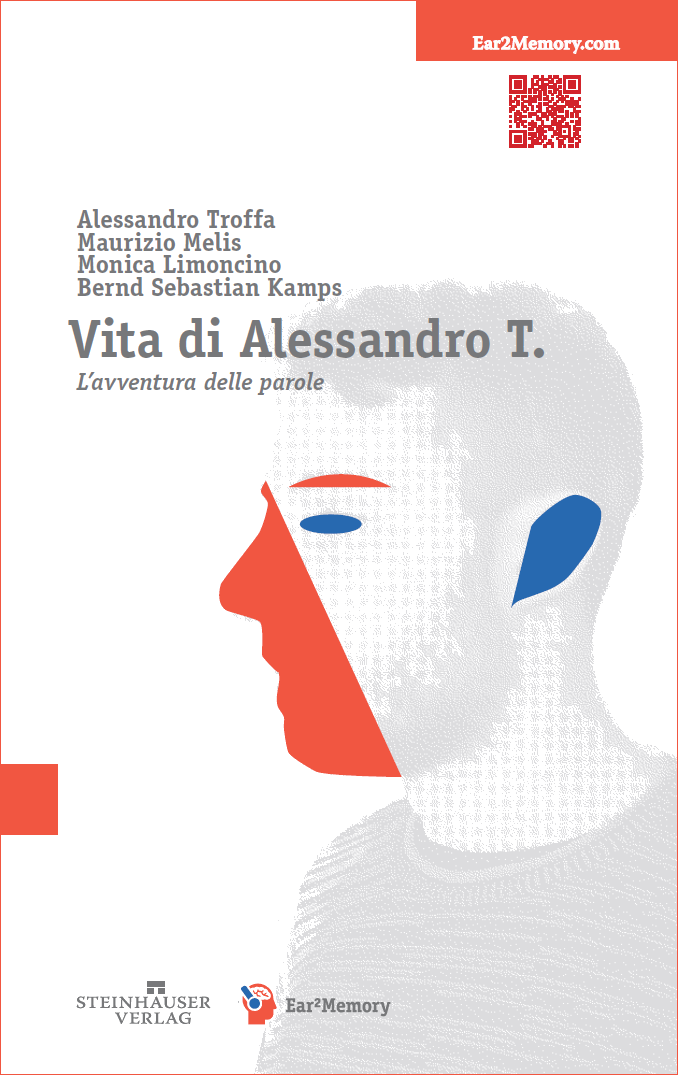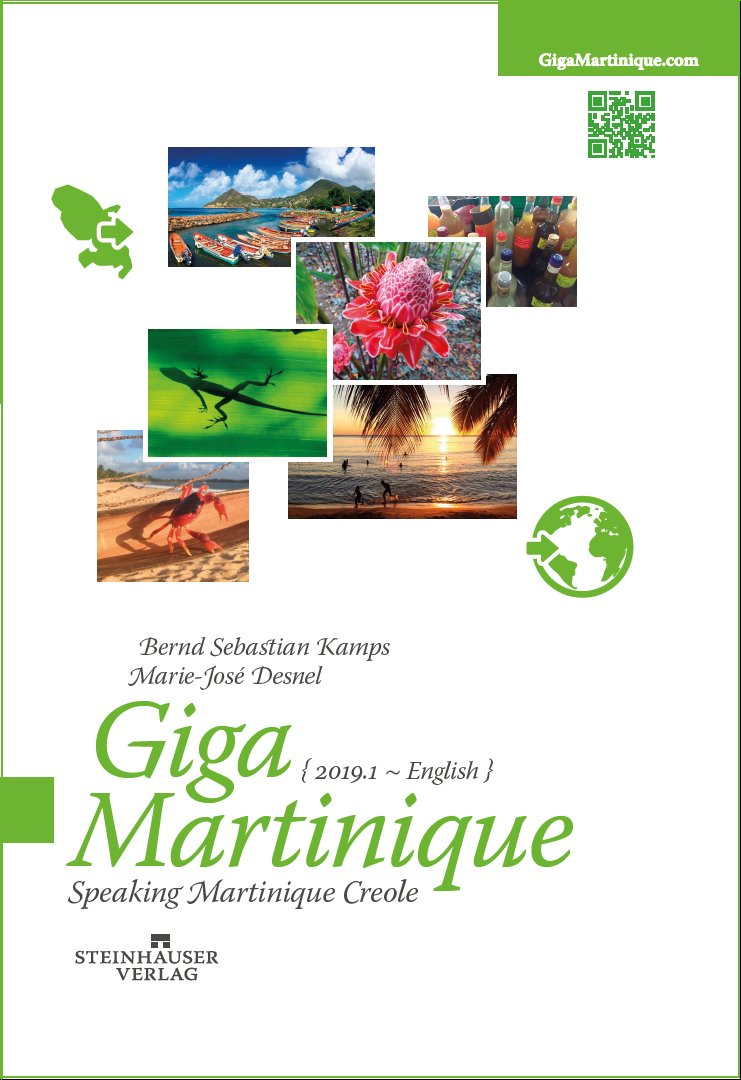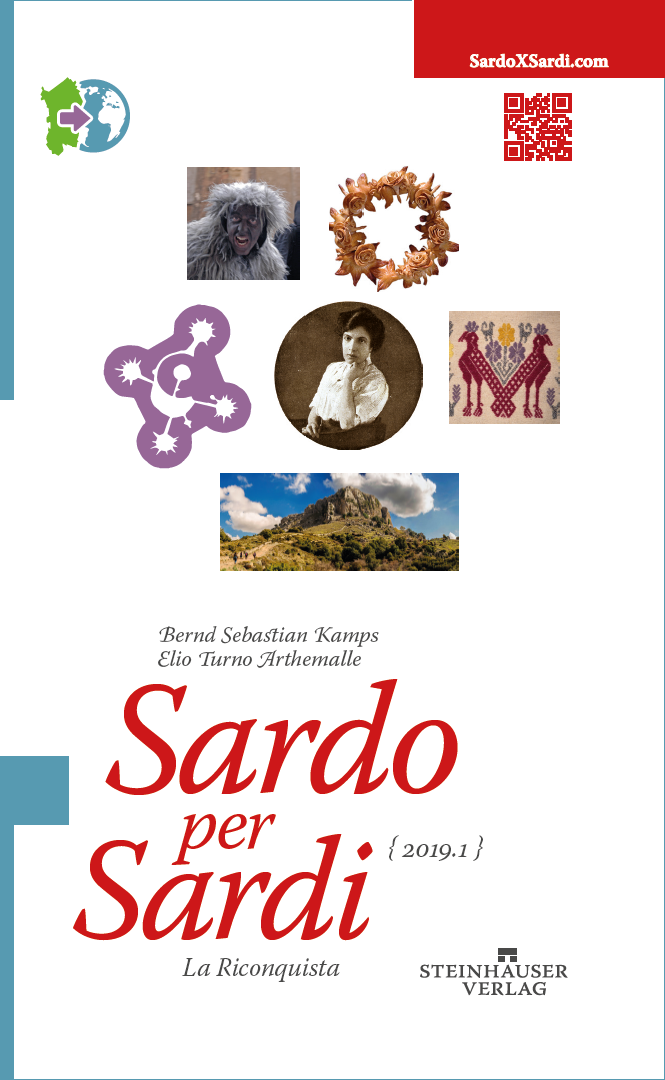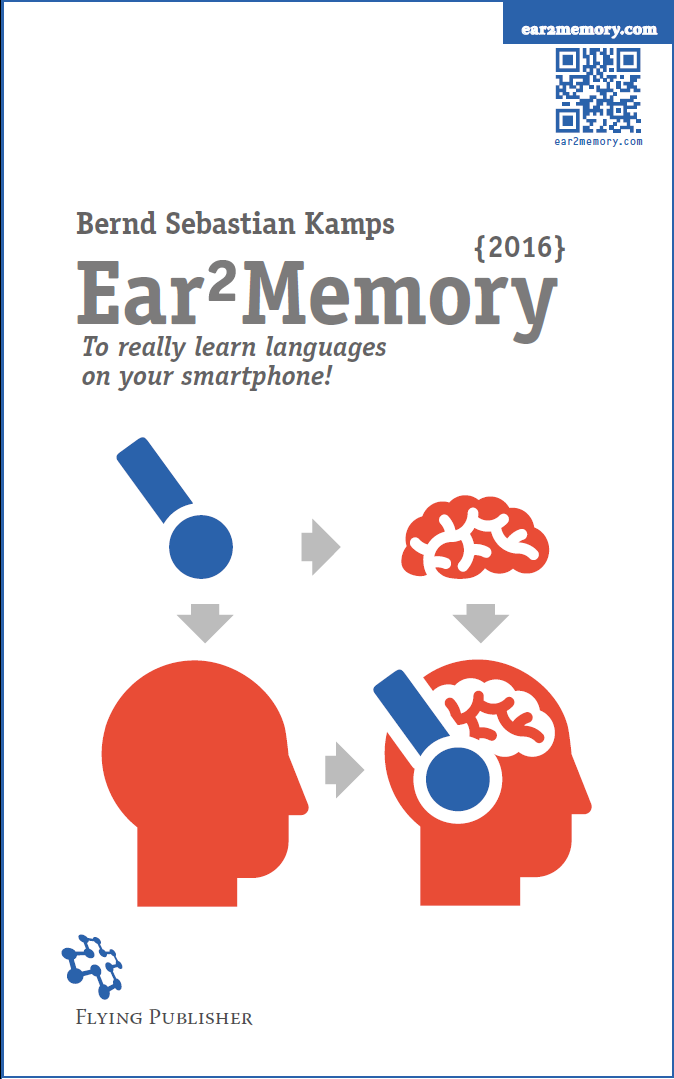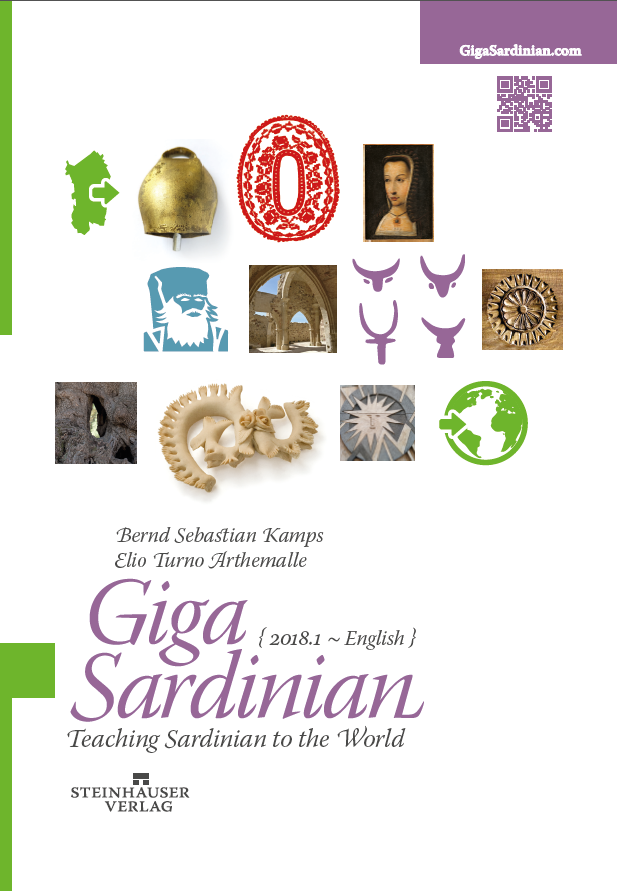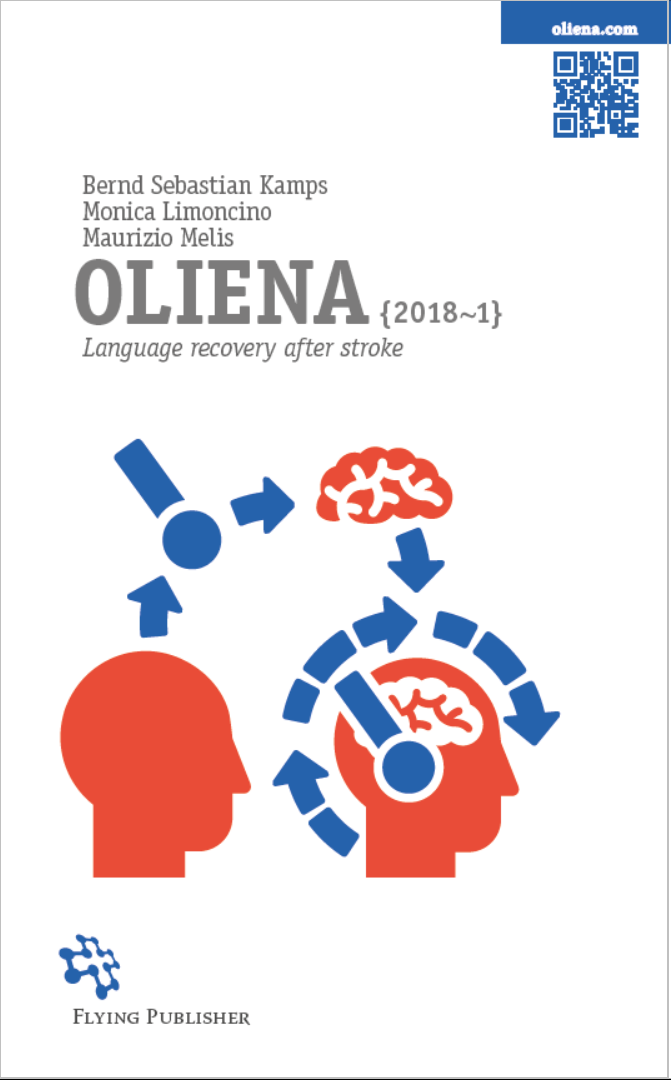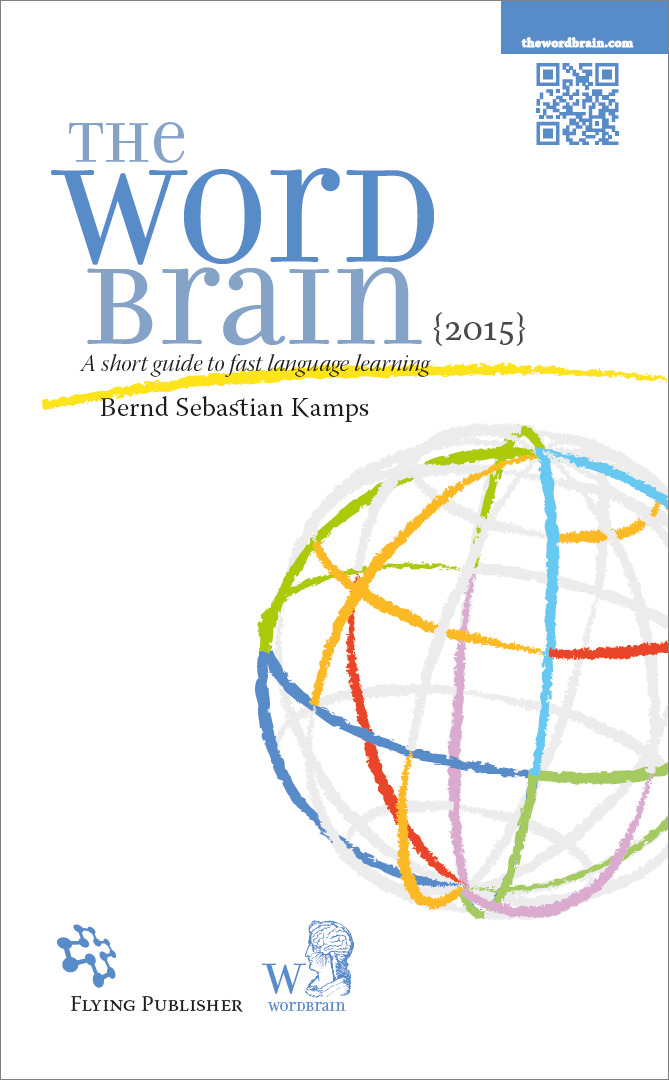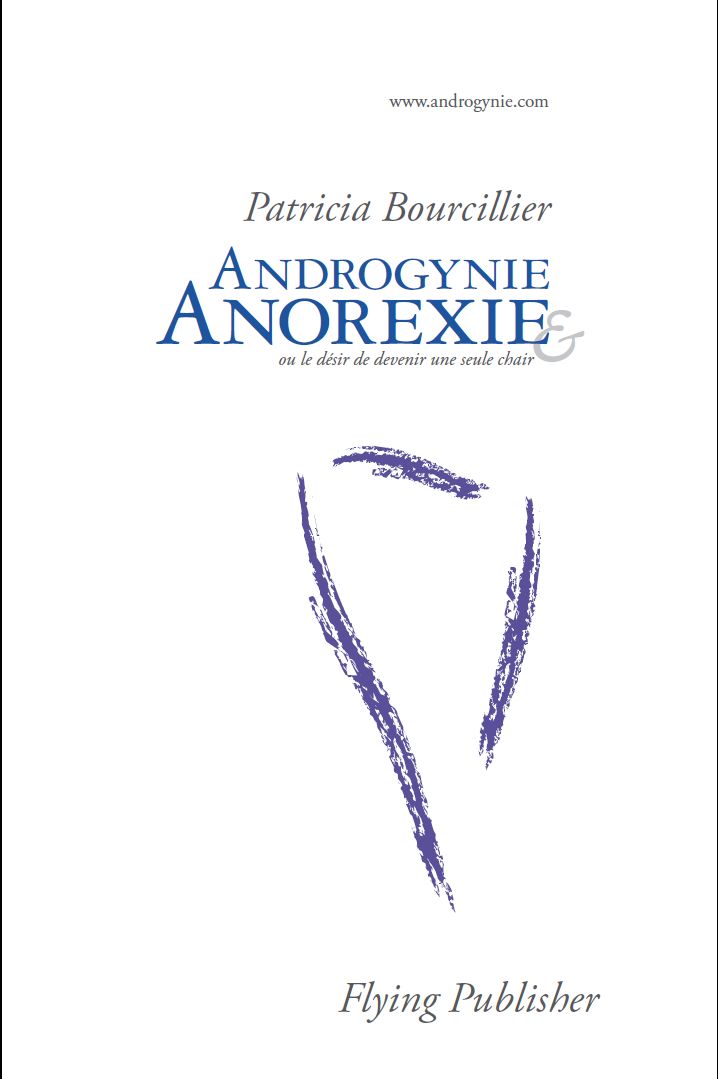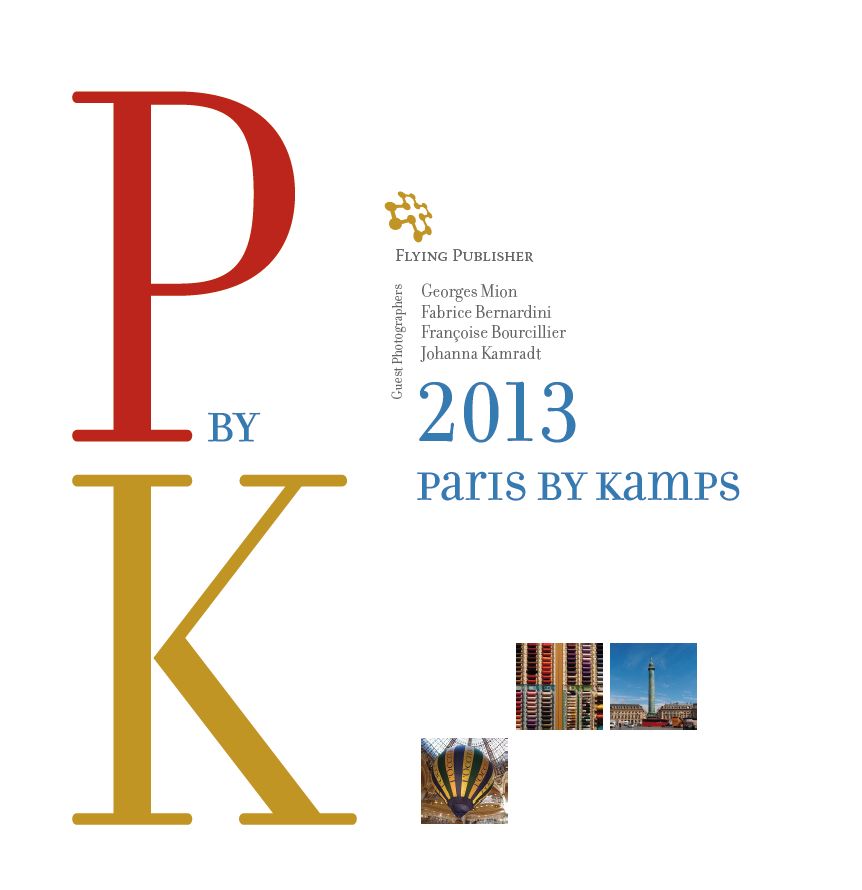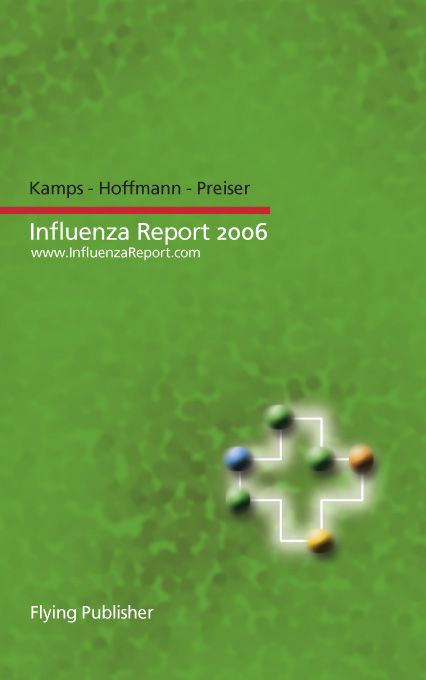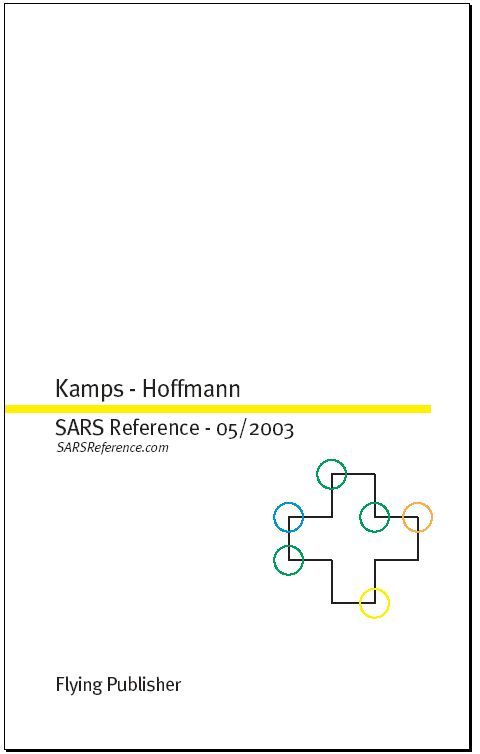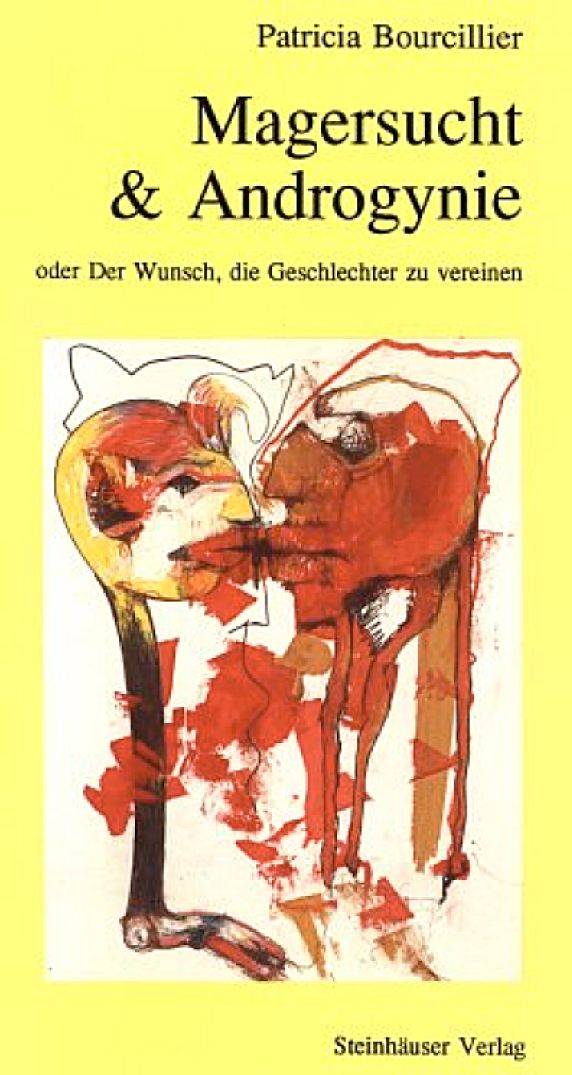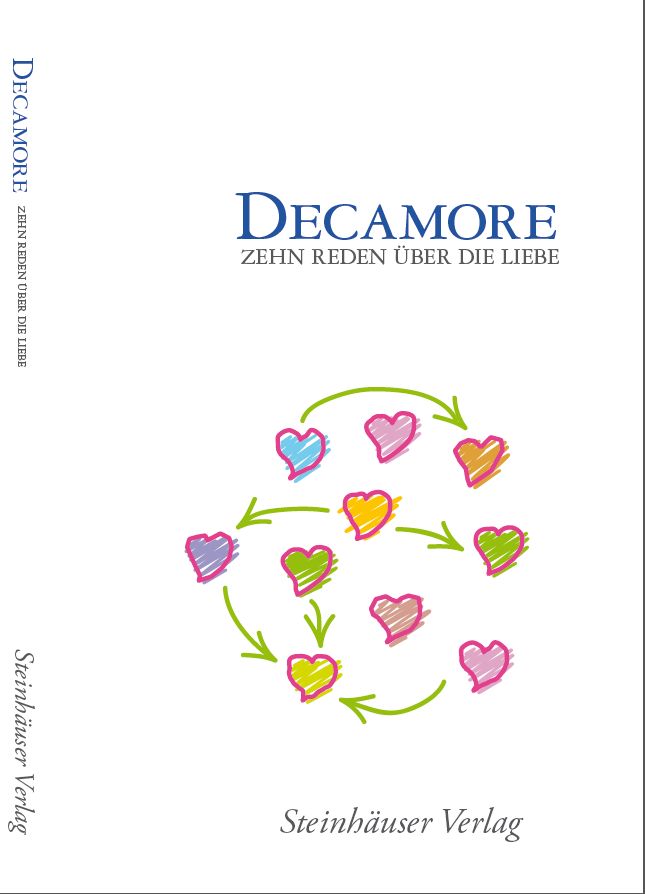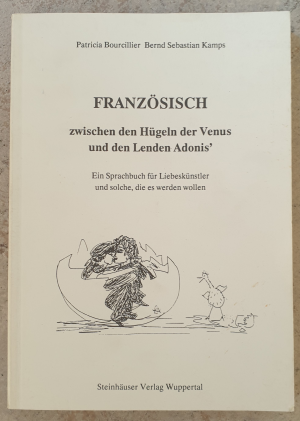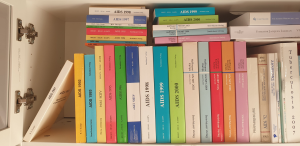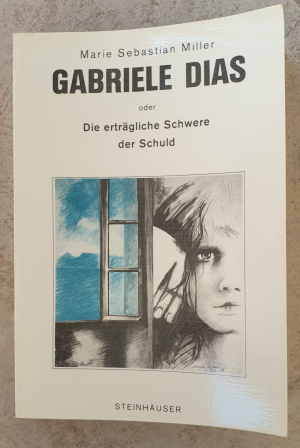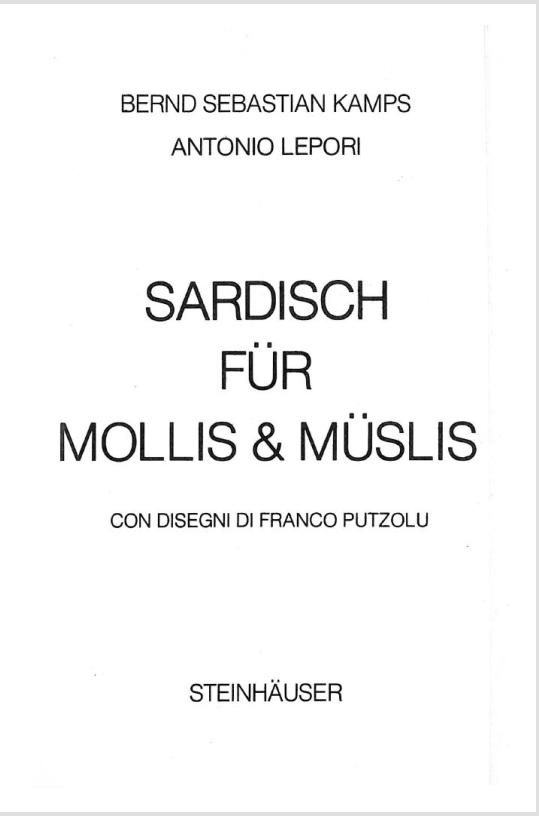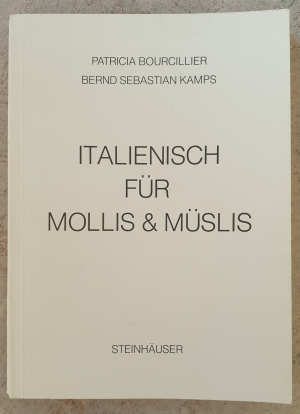* * *
To acquire the basics of the Italian language, let’s continue with the next episode of Giulia, Giacomo and their friends (‘A1: Love’) and Pasta al Pesto (‘A2: Italian Cuisine’). Download the audio files from www.4elisa.com and listen until you know the texts by heart. Remember that it make take 10, 20 or even 50 times until you understand every word and please don’t think that this is humiliating, but rather an insurance of understanding!
For a thorough knowledge of the Italian language, please continue with sections B, ‘Action Words’, C, ‘Words’, D, ‘Rules’, etc. Today, you will explore the second most important Italian word, essere. This task is less demanding, though, because you are already familiar with the global picture of the 14 Italian tenses and, now also, because you know most of their endings.
While exploring essere you will encounter a universal scheme of the Italian language, the so-called ‘o-a | i-e’ scheme. The four letters -o, -a, -i and -e are the endings that specify the sex (gender) and how much (number) of words, for example:
· nouns (bambino [little] child)
· definite articles (la the [f. sing.]; le [f. pl.])
· indefinite articles (un[o], una)
· adjectives (buono good)
· pronouns (lo him, la her, etc.)
· possessive adjectives (mio my, etc.)
· demonstrative adjectives (questo this; quello that)
You will later apply the ‘o-a | i-e’ rule in virtually every sentence, often several times in a single sentence, so be smart and learn it today! As always, make extensive use of the audios. Listen to them until you can discern every single word.
A1: Love (4)
Normal Speed
Slow Speed
Giacomo and Luca are talking on the Medical School campus when Valeria arrives.
| Luca: Hai visto Giulia laggiù? Non smette di guardarci. |
L.: Have you seen Giulia over there? She doesn’t stop looking at us. |
| Giacomo: C’è anche Sara. Queste due sono inseparabili. È stata Sara che ha raccontato che avrei passato una sera a casa di Valeria. |
G.: Sara is there also. Those two are inseparable. It was Sara who said that I had spent an evening at Valeria’s place. |
| Luca: Sara si sarebbe innamorata di te? Ma no… Guarda, ora siamo quasi al completo. Ecco Valeria. |
L.: Is Sara in love with you? But no… Look, now we’re almost complete. Here comes Valeria. |
| Valeria: Ciao ragazzi. Mi stavate aspettando? |
V.: Hi guys, were you waiting for me? |
| Luca: Certo. Ti sogniamo ogni notte. |
L.: Sure. We dream of you every night. |
| Valeria: Immagino che sappiate della festa da Sara sabato sera. Venite anche voi? Giacomo, conto su di te, ti devo chiedere un favore… |
V.: I guess you know about Sara’s party Saturday night. Are you coming too? Giacomo, I can count on you, I have to ask you a favour… |
| Giacomo: Certo, ci sarò anch’io. Di quale favore si tratta? Ah, non me lo vuoi dire? |
G.: Sure, I’ll be there, too. What is this favour about? Ah, you won’t tell me? |
|
laggiù |
down there |
|
smettere di |
to stop, quit |
|
guardare |
to look, watch |
|
c’è anche Sara |
Sara is there, too |
|
due |
2 |
|
inseparabile |
inseparable |
|
raccontare |
to tell |
|
avrei passato |
I would have spent |
|
la sera |
evening |
|
la casa |
house |
|
innamorarsi |
to fall in love |
|
oggi |
today |
|
quasi |
almost |
| essere al completo |
to be complete |
|
ecco |
here is, here comes; here I am!; that’s what I meant! |
|
allora |
so |
|
l’appuntamento |
date; appointment |
|
aspettare |
to wait (for) |
|
certo |
certainly |
|
sognare |
to dream |
|
pure |
also |
|
la notte |
night |
|
immaginare |
to imagine |
|
sapere |
to know |
|
venire |
to come |
|
contare su |
to count on |
|
chiedere |
to ask |
|
il favore |
favour |
|
anch’io |
me too |
|
trattarsi |
to be about |
|
volere |
to want |
|
non vuoi |
you don’t want |
|
dire |
to say, tell |
A2: Italian Cuisine (4)
Normal Speed
Slow Speed
Pasta al Pesto… and some secrets…
|
Per 4 persone: 400 g di spaghetti o pasta corta. Condimento: un bel mazzo di basilico, sale grosso, 150-200 ml di olio d’oliva, 1-2 spicchi d’aglio, 20 g di pecorino grattugiato, mezza bustina di pinoli. |
For 4 people: 400 g spaghetti or short pasta. Dressing: A nice bunch of basil, salt, 150-200 ml of olive oil, 1-2 cloves of garlic, 20 g of grated sheep cheese (preferably from Sardinia), half a bag of pine nuts. |
|
Mentre cuoce la pasta (vedi Level 1), tritare in un mixer tutti gli ingredienti del condimento. Poi mettere questa salsa in un recipiente ampio e aggiungere un mestolo dell’acqua dove cuoce la pasta. |
While the pasta is cooking (see Level 1), chop all the ingredients in a mixer. Then put this sauce in a large bowl and add a ladle of the water the pasta is cooking in. |
|
Scolare la pasta, metterla immediatamente nel recipiente del condimento e mescolare energicamente con due cucchiai di legno. Servire con alcuni pinoli non tritati. |
Drain the pasta, put it immediately into the bowl of the sauce and stir vigorously with two wooden spoons. Serve with some whole pine nuts. |
Words
|
il mazzo |
bundle, bunch |
|
il sale grosso |
cooking salt |
|
il pecorino |
sheep cheese |
|
grattugiare |
to grate, shave |
|
mezzo/-a |
half |
|
la bustina |
bag, sachet |
|
il pinolo |
pine nut |
|
tritare |
to grind, mince, chop up |
|
il mixer |
blender |
|
l’ingrediente (m.) |
ingredient |
|
poi |
then |
|
il mestolo |
wooden spoon; spoonful |
|
dove |
where |
|
energicamente |
vigorously |
|
alcuni/-e |
some |
B. Action Words
audio
Today, you will discover the second most important word of the Italian language, essere. If we tell you that the future stem of essere is sar-, the following 18 words look familiar:
Presente
sono-sei-è | siamo-siete-sono
I am, you are, he/she is; we, you, they are
Futuro
sarò-sarai-sarà | saremo-sarete-saranno
I, you, he/she, etc. will be
Condizionale
sarei-saresti-sarebbe | saremmo-sareste-sarebbero
I, you, he/she, etc. would be
The number of new elements to memorize is therefore 24 (42 minus 18). Feasibilissimo!
Words
{AUDIO} The examples shown below use the following words presented in Level 3. Please take a second quick look.
|
contento/-a |
glad |
|
stare con |
to stay with |
|
curioso/-a |
curious |
|
conoscere |
to know |
|
dispiaciuto/-a |
disappointed |
|
andare in vacanza |
to go on vacation |
|
pensare |
to think |
|
sposare |
to marry |
|
dolce |
sweet |
|
terribilmente |
terribly |
|
la squadra |
team |
|
eccellente |
excellent |
|
l’aiuto |
help |
|
fantastico |
fantastic |
|
bambino |
baby boy |
|
bambina |
baby girl |
|
mio |
my |
|
tuo |
your |
|
suo |
his/her |
|
questo |
this |
|
quello |
that |
|
andare |
to go |
|
il medico |
the doctor |
|
la mattina |
the morning |
|
prima |
before |
|
il professore |
professor |
|
l’esame (m.) |
exam |
|
male |
badly, wrongly |
|
l’anno |
year |
|
la laurea |
graduation |
|
fuori |
outside |
|
andare fuori di testa |
to lose one’s mind |
|
direttamente |
directly |
|
il cinema |
cinema |
|
tornare |
to go/come back |
|
a mezzogiorno |
at noon |
|
la casa |
house |
|
tornare a casa |
to come back home |
|
arrivare |
to arrive |
|
festeggiare |
to celebrate |
|
il matrimonio |
wedding |
|
tornare in tempo |
to come back in time |
|
partire |
to leave |
|
subito |
right away |
|
qualcuno |
someone |
|
firmare |
to sign |
|
il contratto |
contract |
|
immaginare |
to imagine |
|
supporre |
to suppose |
|
può darsi che |
it’s possible that |
|
ingenuo/-a |
naïve |
|
in anticipo |
in advance |
|
strano/-a |
weird |
|
offensivo/-a |
offensive, insulting |
|
tutti i giorni |
every day |
|
la relazione |
relationship |
|
la persona adatta |
the right person |
|
premiare |
to honour |
|
sapere |
to know |
|
dovere |
must, to have to |
1. Overview
audio
The summary of the 7 simple tenses for the 1st person singular:
|
1 |
Presente |
(io) |
sono |
I |
am |
Present |
|||
|
2 |
Imperfetto |
(io) |
ero |
I |
was, used to be |
Imperfect |
|||
|
3 |
Futuro semplice |
(io) |
sarò |
I |
will be |
Simple future |
|||
|
4 |
Condizionale presente |
(io) |
sarei |
I |
would be |
Present conditional |
|||
|
5 |
Congiuntivo presente |
che io |
sia |
that I |
am |
Present |
|||
|
6 |
Congiuntivo imperfetto |
che io |
fossi |
that I |
was |
Imperfect |
|||
|
7 |
Passato remoto |
(io) |
fui |
I |
was |
Simple past |
| Sono davvero contento (a boy or a man)/contenta (a girl or a woman) di vederti. | I am really glad to see you. |
| Ero felice di stare con lui. | I was happy to stay with him. |
| Sarò curioso (a boy or a man)/curiosa (a girl or a woman) di conoscerla. | I’ll be curious to know her. |
| Sarei dispiaciuto/dispiaciuta di non andare in vacanza. | I would be disappointed not to go on vacation. |
|
Non pensi che io sia fedele? |
Don’t you think that I am faithful? |
|
Non pensavate che io fossi così stupido/stupida, vero? |
You didn’t think that I was so stupid, right? |
| Fui felice di sposarla. | I was happy to marry her. |
2. Sextets
Let’s continue with the sextets. In the left column you’ll find the simple tenses and in the right column the compound tenses. Please note that only a few action verbs form the compound tenses with essere. They generally indicate a motion: andare to go, venire to come, tornare to come back, arrivare to arrive, partire to leave, entrare to enter, uscire to exit/go out.
2.1 Presente and Passato prossimo
Let’s start with the presente and the passato prossimo, the most important tenses.
|
Presente |
Passato prossimo |
||
|
I am, you are, he/she is |
I was, you were, he/she was |
||
|
(io) |
sono |
(io) |
sono stato (boy) |
|
(tu) |
sei |
(tu) |
sei stato (boy) |
|
(lui/lei) |
è |
(lui/lei) |
è stato (boy) |
|
(noi) |
siamo |
(noi) |
siamo stati (boys) |
|
(voi) |
siete |
(voi) |
siete stati (boys) |
|
(loro) |
sono |
(loro) |
sono stati (boys) |
|
Presente |
|
| Sono molto felice. | I am very happy. |
| Sei così dolce. | You are so sweet. |
| È terribilmente triste. Non so cosa abbia. | He is terribly sad. I don’t know what he has. |
| Siamo una squadra eccellente. | We’re an excellent team. |
| Siete di grande aiuto. | You are a great help. |
| Sono fantastici. | They’re fantastic. |
So far, so good. Nothing really remarkable as long as you stay with the presente. But with the passato prossimo, things get slightly more complicated. Look at the same sentences transposed from present to past. What do you see?
|
Passato prossimo |
|
| Sono stato|stata molto felice. (stato=boy or man; stata=girl or woman) |
I was very happy. |
| Sei stato|stata così dolce. | You were so sweet. |
| È stato|stata terribilmente triste. Non so cosa avesse. | He|She was terribly sad. I didn’t know what he/she had. |
| Siamo stati|state una squadra eccellente. (stati=boys or men; state=girls or women) |
We were an excellent team. |
| Siete stati|state di grande aiuto. | You were a great help. |
| Sono stati|state fantastici. | They were fantastic. |
You see that some Italian words make a difference between boys and girls, men and women, in other words: between the sexes, the masculine gender and feminine gender. Stato, the past participle of essere, is one of these words. It has four different endings, depending on sex and how many. Stato (like andato, tornato, partito, venuto, etc.) is governed by the so-called ‘o-a | i-e’ scheme:
– o is singular masculine: one boy, one man
– a is singular feminine: one girl, one woman
– i is plural masculine: two or more boys, two or more men
– e is plural feminine: two or more girls, two or more women
Put in a table, these sex- and how many-sensitive endings look like this:
|
Masculine |
Feminine |
|
|
Singular |
-o |
-a |
|
Plural |
-i |
-e |
audio
The ‘o-a | i-e’ scheme is a fundamental (!) feature of the Italian language. You will soon see it in other places:
|
Nouns |
(little) child:
bambino–bambina bambini–bambine |
|
Definite articles |
the: il/lo–la | i/gli-le |
|
Indefinite articles |
a: un(o)-una |
|
Adjectives |
good: buono–buona | buoni–buone |
|
Pronouns |
him/her/them: lo–la | li–le |
|
Possessive adjectives |
my: mio–mia | miei–mieyour: tuo–tua | tuoi–tuehis/her: suo–sua | suoi–sue |
|
Demonstrative adjectives |
this: questo–questa | questi–questethat: quello–quella | quelli–quelle |
Please read this list several times even if you don’t understand the details. We’ll come back to it soon.
2.2 Imperfetto and Trapassato prossimo
audio
Back to our sextets. The next couple is the imperfetto (imperfect: I, you, he/she was or used to be, etc.) and the trapassato prossimo (past perfect: I had gone, left, been, etc.). To form the trapassato prossimo, we’ll take andare to go.
|
Imperfetto |
Trapassato prossimo |
||||
|
I was, etc. |
I had gone, etc. |
||||
|
(io) |
ero |
(io) |
ero andato (boy) |
||
|
(tu) |
eri |
(tu) |
eri andato (boy) eri andata (girl) |
||
|
(lui/lei) |
era |
(lui/lei) |
era andato (boy) era andata (girl) |
||
|
(noi) |
eravamo |
(noi) |
eravamo andati (boys) eravamo andate (girls) |
||
|
(voi) |
eravate |
(voi) |
eravate andati (boys) eravate andate (girls) |
||
|
(loro) |
erano |
(loro) |
erano andati (boys)erano andate (girls) | ||
|
Imperfetto |
|
| Ero molto felice. | I was/used to be very happy. |
| Eri così dolce. | You were/used to be so sweet. |
| Era terribilmente triste. Non so cosa avesse. | He was/used to be terribly sad. I don’t know what he had. |
| Eravamo una squadra eccellente. | We were/used to be an excellent team. |
| Eravate di grande aiuto. | You were/used to be a great help. |
| Erano fantastici. | They were/used to be fantastic. |
|
Trapassato prossimo |
|
| Ero andato|andata dal medico la mattina prima (andato=boy or man; andata=girl or woman). | I’d gone to the doctor’s the morning before. |
| Eri andato|andata a vedere il professore prima dell’esame? | Had you gone to see the professor before the exam? |
| Era andata terribilmente male. | It had gone terribly wrong. |
| Eravamo andati|andate a Parigi un anno prima della laurea (andati=boys or men; andate=girls or women). | We’d gone to Paris a year before graduation. |
| Eravate andati|andate fuori di testa, vero? | You’d been out of your mind, hadn’t you? |
| Erano andati|andate direttamente al cinema. | They had gone directly to the movies. |
2.3 Futuro and Futuro anteriore
audio
The next tables show the futuro (future: I, you, he/she, etc. will be) and the futuro anteriore (future perfect: I will have gone, been, come back, etc.). To form the futuro anteriore, we’ll take tornare to return, to come back, go back. The futuro anteriore can also be used to make assumptions.
|
Futuro |
Futuro anteriore |
||||
|
I will be, etc. |
I will have come back, etc. |
||||
|
(io) |
sarò |
(io) |
sarò tornato (boy) |
||
|
(tu) |
sarai |
(tu) |
sarai tornato (boy) sarai tornata (girl) |
||
|
(lui/lei) |
sarà |
(lui/lei) |
sarà tornato (boy) sarà tornata (girl) |
||
|
(noi) |
saremo |
(noi) |
saremo tornati (boys) saremo tornate (girls) |
||
|
(voi) |
sarete |
(voi) |
sarete tornati (boys) sarete tornate (girls) |
||
|
(loro) |
saranno |
(loro) |
saranno tornati (boys) saranno tornate (girls) |
||
|
Futuro |
|
| Sarò molto felice. | I will be very happy. |
| Sarai così dolce. | You will be so sweet. |
| Sarà terribilmente triste. Non so cosa fare. | He/she will be terribly sad. I don’t know what to do. |
| Saremo una squadra eccellente. | We will be an excellent team. |
| Sarete di grande aiuto. | You will be a great help. |
| Saranno fantastici. | They will be fantastic. |
|
Futuro anteriore |
|
| Sarò tornato|tornata dal medico prima di mezzogiorno (tornato=boy or man; tornata=girl or woman). | I will have come back from the doctor’s before noon. |
| Sarai tornato|tornata a casa prima che arrivino i tuoi amici. | You will have come back home before your friends arrive. |
| Sarà tornato|tornata prima di Natale. | It will have returned before Christmas. |
| Saremo già tornati|tornate da Parigi quando festeggerai il tuo matrimonio (tornati=boys or men; tornate=girls or women). | We will have already returned from Paris when you celebrate your wedding. |
| Sarete tornati|tornate in tempo per andare al cinema. | You’ll have come back on time to go to the movies. |
| Saranno tornati|tornate in spiaggia. | They’ll have gone back to the beach (assumption). |
2.4 Condizionale presente and Condizionale passato
audio
Now see the condizionale presente (present conditional: I, you, he/she, etc. would be) and the condizionale passato (past conditional: I would have gone, left, been, etc.). To form the trapassato prossimo, we’ll take partire to leave.
|
Condizionale presente |
Condizionale passato |
|||||
|
I would be, etc. |
I would have left, etc. |
|||||
|
(io) |
sarei |
(io) |
sarei partito (boy) |
|||
|
(tu) |
saresti |
(tu) |
saresti partito (boy) saresti partita (girl) |
|||
|
(lui/lei) |
sarebbe |
(lui/lei) |
sarebbe partito (boy) sarebbe partita (girl) |
|||
|
(noi) |
saremmo |
(noi) |
saremmo partiti (boys) saremmo partite (girls) |
|||
|
(voi) |
sareste |
(voi) |
sareste partiti (boys) sareste partite (girls) |
|||
|
(loro) |
sarebbero |
(loro) |
sarebbero partiti (boys) sarebbero partite (girls) |
|||
|
Condizionale presente |
|
| Sarei molto felice. | I would be very happy. |
| Saresti così dolce. | You would be so sweet. |
| Sarebbe terribilmente triste. Non so cosa fare. | He would be terribly sad. I don’t know what to do. |
| Saremmo una squadra eccellente. | We would be an excellent team. |
| Sareste di grande aiuto. | You would be a great help. |
| Sarebbero fantastici. | They would be fantastic. |
|
Condizionale passato |
|
|
Se l’avessi saputo, sarei partito|partita subito (partito=boy or man; partita=girl or woman). |
If I had known it, I would have left right away. |
| Saresti partito|partita se qualcuno te l’avesse detto, vero? | You’d have left if someone had told you, wouldn’t you? |
| Sarebbe partito|partita immediatamente. | He/she would have left immediately. |
|
Se l’avessimo saputo, saremmo partiti|partite il giorno prima (partiti=boys or men; partite=girls or women). |
If we had known, we would have left the day before. |
|
Partendo alle 9, sareste stati|state in tempo per andare al cinema. |
Leaving at 9 o’clock, you’d been on time to go to the movies. |
| Sarebbero andati|andate in spiaggia. | They would have gone to the beach (assumption). |
2.5 Congiuntivo presente and Congiuntivo passato
audio
The next tables show the congiuntivo presente (present subjunctive: that I am, you are, he/she is | we, you, they are) and the congiuntivo passato (past subjunctive: that I was, went, left, came, etc.). To form the congiuntivo passato, we take again essere to be.
Important: You will use the Italian congiuntivo after action words that express doubt, emotion, personal feelings, suggestions, uncertainty and possibility (see Details in Level 9). For example, when you say, ‘I hope that it will be possible to sign this contract.’, the tone of the sentence can vary from fairly confident, accompanied by a calm nod, to extremely skeptical with eyes wide open and raised eyebrows. In Italian, you can cast your expectation into grammar: If you are confident, use the futuro (sarà), if you are skeptical, use the congiuntivo presente (sia):
Confidence
Spero che sarà possibile firmare questo contratto.
I hope that it will be possible to sign this contract.
Doubt
Spero che sia possibile firmare questo contratto.
I hope that it will be possible to sign this contract.
In essence, the subjunctivo expresses the hypothetical possibility that something 1) might or might not happen in the future or 2) might or might not have happened in the past. In the same way, the following verbs and expressions call for the subjunctive tense:
|
Penso che… |
I think that… |
|
Credo che… |
I believe that… |
|
Immagino che… |
I imagine that… |
|
Suppongo che… |
I suppose that… |
|
Può darsi che… |
It’s possible that… |
|
Congiuntivo presente |
Congiuntivo passato |
|||||
|
that I am, etc. |
that I was, etc. |
|||||
|
che io |
sia |
che io |
sia stato (boy) |
|||
|
che tu |
sia |
che tu |
sia stato (boy) sia stata (girl) |
|||
|
che lui/lei |
sia |
che lui/lei |
sia stato (boy) sia stata (girl) |
|||
|
che (noi) |
siamo |
che (noi) |
siamo stati (boys) siamo state (girls) |
|||
|
che (voi) |
siate |
che (voi) |
siate stati (boys) siate state (girls) |
|||
|
che (loro) |
siano |
che (loro) |
siano stati (boys) siano state (girls) |
|||
|
Congiuntivo presente |
|
| Può darsi… |
It’s possible… |
| … che io sia ingenuo. | … that I am naive. |
| … che tu sia semplicemente in anticipo. | … that you are simply ahead. |
| … che lui/lei sia un po’ strano. | … that he/she is a bit weird. |
| … che siamo troppo ingenui. | … that we are too naive. |
| … che siate intelligenti. | … that you are intelligent. |
| … che siano proprio stupidi. | … that they are truly stupid. |
|
Congiuntivo passato |
|
|
Può darsi… |
It’s possible… |
| … che io sia sempre stato|stata troppo gentile con lui. | … that I have always been too nice with him. |
| … che tu sia stato|stata offensivo|a. | … that you were offensive. |
| … che lui/lei sia stato|stata davvero felice. | … that he/she was really happy. |
| … che siamo stati|state troppo ingenui|ingenue. | … that we were too naive. |
| … che siate stati|state intelligenti. | … that you were intelligent. |
| … che siano stati|state proprio stupidi|e. | … that they were truly stupid. |
2.6 Congiuntivo imperfetto and Congiuntivo trapassato
audio
The next tables show the congiuntivo imperfetto (imperfect subjunctive, to be translated with that I, you were, he/she was | we, you, they were) and the congiuntivo trapassato (past perfect subjunctive, to be translated, for example, with that I had been, gone, left, etc.; often translated into could have been, gone, left). To form the congiuntivo trapassato, we’ll take again essere to be.
|
Congiuntivo imperfetto |
Congiuntivo trapassato |
|||||
|
that I was, etc. that I used to be, etc. |
that I had been, etc. |
|||||
|
che io |
fossi |
che io |
fossi stato (boy) |
|||
|
che tu |
fossi |
che tu |
fossi stato (boy) fossi stata (girl) |
|||
|
che (lui/lei) |
fosse |
che lui/lei |
fosse stato (boy) fosse stata (girl) |
|||
|
che (noi) |
fossimo |
che (noi) |
fossimo stati (boys) fossimo state (girls) |
|||
|
che (voi) |
foste |
che (voi) |
foste stati (boys) foste state (girls) |
|||
|
che (loro) |
fossero |
che (loro) |
fossero stati (boys) |
|||
|
Congiuntivo imperfetto |
|
|
Avrei voluto… |
I would have wanted… |
| … che tu potessi venire tutti i giorni. | … that you could (have) come every day. |
| … che tu passassi la vacanza con noi. | … that you spent the vacation with us. |
| … che (lui/lei) tornasse al lavoro presto. | … that he/she went back to work early. |
| … che fossimo felici. | … that we were happy. |
| … che foste più intelligenti. | … that you were smarter. |
| … che fossero meno stupidi. | … that they were less stupid. |
|
Congiuntivo trapassato |
|
|
Avrei desiderato… |
I would have wished… |
| …che tu fossi stato|stata felice in questo tipo di relazione. | … that you could have been happy in this kind of relationship. |
| … che tu fossi stato|stata la persona adatta per questo lavoro. | … that you could have been the right person for this job. |
| … che (lui/lei) fosse stato|stata meno stupido|a. | … that he/she could have been less stupid. |
| … che (noi) fossimo stati|state felici con i nostri genitori. | … that we could have been happy with our parents. |
| … che (voi) foste stati|state qui in tempo. | … that you would have been here in time. |
| … che (loro) fossero stati|state premiati|e. | … that they could have been honoured. |
2.7 Passato remoto and Trapassato remoto
And last but not least the passato remoto (simple past: I was, etc.) and the trapassato remoto (preterite perfect: I had gone, left, been, etc.). To form the trapassato remoto, we’ll take again andare to go.
|
Passato remoto |
Trapassato remoto |
||||||
|
I was, etc. |
I had gone, etc. |
||||||
|
(io) |
fui |
(io) |
fui andato (boy) |
||||
|
(tu) |
fosti |
(tu) |
fosti andato (boy) fosti andata (girl) |
||||
|
(lui/lei) |
fu |
(lui/lei) |
fu andato (boy) fu andata (girl) |
||||
|
(noi) |
fummo |
(noi) |
fummo andati (boys) fummo andate (girls) |
||||
|
(voi) |
foste |
(voi) |
foste andati (boys) foste andate (girls) |
||||
|
(loro) |
furono |
(loro) |
furono andati (boys) furono andate (girls) |
||||
3. Conclusion
audio
After discovering essere, you have reached another important milestone. Three sextets or ‘rows’ you knew:
Presente
sono-sei-è | siamo-siete-sono
I am, you are, he/she is | we, you, they are
Futuro
sarò-sarai-sarà | saremo-sarete-saranno
I, you, he/she will be | we, you, they will be
Condizionale
sarei-saresti-sarebbe | saremmo-sareste-sarebbero
I, you, he/she would be | we, you, they would be
Only 24 words were truly new:
Imperfetto
ero-eri-era | eravamo-eravate-erano
I was, you were, he/she was | we, you, they were
I, you, he/she, etc. used to be
Congiuntivo presente
che io sia-che tu sia-che lui/lei sia | che siamo-che siate-che siano
that I am, you are, he/she is | that we, you, they are
Congiuntivo imperfetto
che io fossi-che tu fossi-che fosse | che fossimo-che foste-che fossero
that I, you were, he/she was | that we, you, they were
Passato remoto
fui-fosti-fu | fummo-foste-furono
I was, you were, he/she was | we, you, they were
The following table summarizes the 7 simple tenses. The table includes the passato prossimo as an example for the compound tenses.
|
Infinito |
essere | |
|
Participio passato |
stato |
|
|
Gerundio presente |
essendo |
|
|
Imperativo |
sii | sia | siamo | siate | siano |
|
Presente |
Passato prossimo |
Imperfetto |
|
|
io |
sono |
sono stato/stata |
ero |
|
tu |
sei |
sei stato/stata |
eri |
|
lui/lei |
è |
è stato/stata |
era |
|
noi |
siamo |
siamo stati/state |
eravamo |
|
voi |
siete |
siete stati/state |
eravate |
|
loro |
sono |
sono stati/state |
erano |
|
Futuro semplice |
Condizionale pres. |
Passato remoto |
|
|
io |
sarò |
sarei |
fui |
|
tu |
sarai |
saresti |
fosti |
|
lui/lei |
sarà |
sarebbe |
fu |
|
noi |
saremo |
saremmo |
fummo |
|
voi |
sarete |
sareste |
foste |
|
loro |
saranno |
sarebbero |
fossero |
|
Congiuntivo |
Congiuntivo |
|
|
che io |
sia |
fossi |
|
che tu |
sia |
fossi |
|
che lui/lei |
sia |
fosse |
|
che noi |
siamo |
fossimo |
|
che voi |
siate |
foste |
|
che loro |
siano |
fossero |
4. Sapere + dovere
{AUDIO} The present tense of sapere to know and dovere to have to, must.
| sapere to know I know, etc. |
dovere to have to, must I must, etc. |
||
|
io |
so |
devo |
I |
|
tu |
sai |
devi |
you |
|
lui/lei |
sa |
deve |
he/she |
|
noi |
sappiamo |
dobbiamo |
we |
|
voi |
sapete |
dovete |
you |
|
loro |
sanno |
devono |
they |
C. Words
Preview of Level 5
{AUDIO} In Level 5, you will find the following words. Take a quick look:
|
amare |
to love |
|
pensare |
to think |
|
dare |
to give |
|
stare |
to be, to stay |
|
parlare |
to speak, talk |
|
studiare |
to study |
|
lavorare |
to work |
|
arrivare |
to arrive |
|
trovare |
to find |
|
chiamare |
to call |
|
comprare |
to buy |
|
guardare |
to look |
|
scusare |
to excuse |
|
sperare |
to hope |
|
ricordare |
to remember |
|
ascoltare |
to listen |
|
trattare |
to treat |
|
aspettare |
to wait |
|
portare |
to bring, bear |
|
funzionare |
to function, work |
|
cambiare |
to change |
|
usare |
to use |
|
continuare |
to continue |
|
mandare |
to send |
|
liberare |
to free, to release |
|
provare |
to prove; to try |
|
calmare |
to calm (down) |
|
incontrare |
to meet |
|
aiutare |
to help |
|
abitare |
to dwell, live |
|
cantare |
to sing |
|
lavare |
to wash |
|
alzare |
to lift, raise |
|
imparare |
to learn |
|
accarezzare |
to caress |
D. Rules
Numbers
audio
Let’s count to 99.
|
tredici |
13 |
||
|
quattordici |
14 |
||
|
quindici |
15 |
||
|
sedici |
16 |
||
|
diciassette |
17 |
trentuno |
31 |
|
diciotto |
18 |
trentadue |
32 |
|
diciannove |
19 |
trentatré |
33 |
|
venti |
20 |
trentotto |
38 |
|
ventuno |
21 |
quaranta |
40 |
|
ventidue |
22 |
cinquanta |
50 |
|
ventitré |
23 |
sessanta |
60 |
|
ventiquattro |
24 |
settanta |
70 |
|
venticinque |
25 |
ottanta |
80 |
|
ventisei |
26 |
novanta |
90 |
|
ventisette |
27 |
||
|
ventotto |
28 |
||
|
ventinove |
29 |
||
|
trenta |
30 |
What do you see? Right: venti, trenta, quaranta, cinquanta, etc., lose the final vowel before 1 and 8: quarantuno, quarantotto, cinquantuno, cinquantotto, etc.
E. Dialogue
Normal Speed
Slow Speed
|
Alla reception |
|
| – Buongiorno, sono il signor Campus. Ho prenotato una camera doppia per tre notti. | – Hello, I am Mr. Campus. I booked a double room for three nights. |
| – Buongiorno signor Campus, buongiorno signora. Vediamo subito. Ecco, avete riservato la camera online ed è tutto pagato. Due secondi solo… Bene, avrete la camera 17. | – Good morning, Mr. Campus, good morning Ma’am. Let’s see. Here you are, you have booked the room online and it’s all paid for. Just two seconds… Well, you have room 17. |
| – Ma il 17 non porta sfortuna? | – But doesn’t 17 bring bad luck? |
| – Dai, non essere così superstiziosa. La camera sarà perfetta. | – Come on, don’t be so superstitious. The room will be perfect. |
| – Le posso chiedere i documenti, per favore? | – May I ask your identification, please? |
| – Ecco il mio passaporto. | – Here’s my passport. |
| – Oh, ho lasciato la mia carta d’identità a casa. | – Oh, I left my identity card at home. |
| – Non si preoccupi, Signora. Mi scriva su questo foglio il suo nome e la sua data di nascita. Suo marito firmerà e sarà il suo garante. Ecco le chiavi. | – Don’t worry, Ma’am. Write your name and your birthday on this piece of paper. Your husband will sign and be your guarantor. Here are the keys. |
| – La prima colazione… | – Breakfast… |
| – …è tra le 7 e le 9:30. Le occorre aiuto per portare le Sue valige in camera? | – … is between 7 and 9:30. Do you need help to bring your bags to the room? |
| – Grazie, molto gentile. | – Thank you, very kind. |
|
[Dentro la camera 17] |
[Inside room 17] |
| – Non è possibile! Non possiamo rimanere qui. Guarda, | – That’s impossible. We can’t stay here. Look, |
| · la stanza è troppo piccola | · the room is too small |
| · la finestra è minuscola e dà su un muro | · the window is tiny and opens onto a wall |
| · avevamo chiesto un letto matrimoniale e ci hanno dato due letti separati | · we had requested a double bed and they gave us two separate beds |
| · dovevamo avere una vista panoramica, invece la camera dà su un cortile interno | · we were supposed to have a panoramic view, instead the room opens onto a courtyard |
| · la stanza dà su una strada molto trafficata | · the room opens onto a very busy street |
| · il televisore non funziona | · the TV is not working |
| · fa un caldo insopportabile e l’aria condizionata non si regola bene | · it is unbearably hot and the air conditioning does not adjust well |
| · in bagno ci sono delle blatte | · there are cockroaches in the bathroom |
| – Te l’avevo detto. Il numero 17 porta sfortuna. Sempre! | – I told you so. The number 17 brings bad luck. Always! |
|
[Il signor Campus torna alla reception.] |
[Mr. Campus goes back to reception.] |
| – Scusi signorina, c’è un problema con la camera. [Spiega il problema.] Possiamo fare qualcosa? | – Excuse me, Miss, there is a problem with the room. [He explains the problem.] Can we do something? |
| – Guardi, signor Campus, non sono sicura che possiamo cambiare la camera perché siamo quasi al completo. Ma vediamo di fare il possibile. Mi dia due minuti, per favore. Parlerò con il direttore. | – Look, Mr. Campus, I am not sure that we can change the room because we are almost full. But let’s see what we can do. Give me two minutes, please. I will speak with the manager. |
|
[Dopo due minuti] |
[Two minutes later] |
| – Abbiamo trovato una soluzione. Le possiamo dare la 66. Vedrà che sarete soddisfatti. | – We have found a solution. We can give you the 66. You’ll see that you’ll be satisfied. |
| – È veramente molto gentile. Grazie mille. | – That’s very kind indeed. Thanks so much. |
|
[Marito e moglie entrano nella camera 66 e chiudono la porta dietro di loro.] |
[Husband and wife enter room 66 and close the door behind them.] |
| – Guarda che bella! Ci hanno dato una suite. |
– Look how beautiful! They gave us a suite! |
| · C’è anche la vasca da bagno con l’idromassaggio! | · There is also a whirlpool tub! |
| · Abbiamo la vista sul mare e sulle montagne! | · We have a view of the sea and the mountains! |
| · Si vede il tramonto! | · We can see the sunset! |
| · Guarda che bella composizione floreale! | · Look at that beautiful flower arrangement! |
| · Ci hanno offerto una scatola di cioccolatini! | · They offered us a box of chocolates! |
| · Ci hanno preparato un cesto con della frutta! | · They have prepared a basket of fruit for us. |
| · In frigo c’è una bottiglia di spumante per noi! | · In the fridge there is a bottle of sparkling wine for us! |
Words
|
prenotare |
to book |
|
la camera |
room |
|
doppio |
double |
|
la notte |
night |
|
subito |
right away |
|
ecco |
here |
|
riservare |
to reserve, book |
|
pagare |
to pay |
|
il secondo |
second |
|
portare sfortuna |
to bring bad luck |
|
dai! |
come on! |
|
non essere |
don’t be |
|
superstizioso |
superstitious |
|
chiedere |
to ask |
|
il documento |
document, identification |
|
per favore |
please |
|
lasciare |
to leave |
|
preoccuparsi |
to worry |
|
il foglio |
paper; leaf |
|
il nome |
last name |
|
la data |
date |
|
la nascita |
birthday |
|
il marito |
husband |
|
firmare |
to sign |
|
il garante |
guarantor |
|
la chiave |
key |
|
la prima colazione |
breakfast |
|
tra |
between, among; in, within |
|
occorrere |
need; be needed |
|
l’aiuto |
help |
|
portare |
to carry, bring |
|
la valigia |
suitcase |
|
gentile |
kind |
|
dentro |
in, inside |
|
rimanere |
to stay, remain |
|
la stanza |
room |
|
troppo |
too |
|
la finestra |
window |
|
dare su |
to open onto |
|
il muro |
wall |
|
chiedere |
to ask for, request |
|
il letto |
bed |
|
il letto matrimoniale |
double bed |
|
dare |
to give |
|
separato |
separated |
|
la vista |
view |
|
panoramico |
panoramic |
|
invece |
instead |
|
il cortile |
courtyard |
|
interno |
inner, internal |
|
la strada |
street |
|
trafficato |
congested |
|
il televisore |
television set |
|
funzionare |
to function |
|
fa un caldo insopportabile |
it is unbearably hot |
|
l’aria condizionata |
air conditioning |
|
non si regola |
it doesn’t adjust |
|
bene |
well |
|
il bagno |
bathroom |
|
ci sono |
there are |
|
la blatta |
cockroach |
|
scusare |
to excuse |
|
il problema |
problem |
|
spiegare |
to explain |
|
qualcosa |
something |
|
sicuro |
certain |
|
cambiare |
to change |
|
perché |
because |
|
quasi |
almost |
| essere al completo |
to be sold out |
|
fare il possibile |
to do one’s best |
|
mi dia (polite form) |
give me |
|
il direttore |
director |
|
dopo |
after |
|
trovare |
to find |
|
la soluzione |
solution |
|
soddisfatto |
satisfied |
|
veramente |
really |
|
grazie mille |
thanks so much |
|
la moglie |
wife |
|
entrare |
to enter |
|
chiudere |
to close, lock |
|
dietro di loro |
behind them |
|
la suite |
suite |
|
la vasca da bagno |
bath tub |
|
l’idromassaggio |
whirlpool |
|
il mare |
sea |
|
la montagna |
mountain |
|
il tramonto |
sunset |
|
la composizione floreale |
flower arrangement |
|
offrire |
to offer |
|
la scatola |
box |
|
il cioccolatino |
praline, chocolate |
|
preparare |
to prepare |
|
il cesto |
basket |
|
il frigo |
fridge |
|
la bottiglia |
bottle |
|
lo spumante |
sparkling wine |
|
per noi |
for us |
F. Results & Preview
Can you say
ero-eri-era | eravamo-eravate–erano?
sarò-sarai-sarà | saremo-sarete-saranno
sarei-saresti-sarebbe | saremmo-sareste-sarebbero?
And can you can combine them with
stato-stata | stati-state been
andato-andata | andati-andate gone
tornato-tornata | tornati-tornate come back, returned
caduto-caduta | caduti-cadute fallen
partito-partita | partiti-partite left
uscito-uscita | usciti-uscite gone out, come out
Do you remember the ‘o-a | i-e’ scheme, these sex- and how many-sensitive endings which are so fundamental to the Italian language:
|
Masculine |
Feminine |
|
|
Singular |
-o |
-a |
|
Plural |
-i |
-e |
Finally, do you remember that you will use the congiuntivo after action words that express doubt, emotion, personal feelings, suggestions, uncertainty and possibility? In particular, you should know (and look it over again if you don’t):
|
Penso che… |
I think that… |
|
Credo che… |
I believe that… |
|
Immagino che… |
I imagine that… |
|
Suppongo che… |
I suppose that… |
|
Può darsi che… |
It’s possible that… |
Of course, you enjoyed the whirlpool and the spumante, didn’t you? Well, then you have been promoted to Level 5.
* * *
In Level 5, you will learn how to give orders and advise and how to be polite; explore the group 1 action words in –are; and, finally, get a detailed discussion of the ‘o-a | i-e’ rule. You are approaching your first milestone: At the end of Level 7 you’ll be ready to read your first newspaper article.

